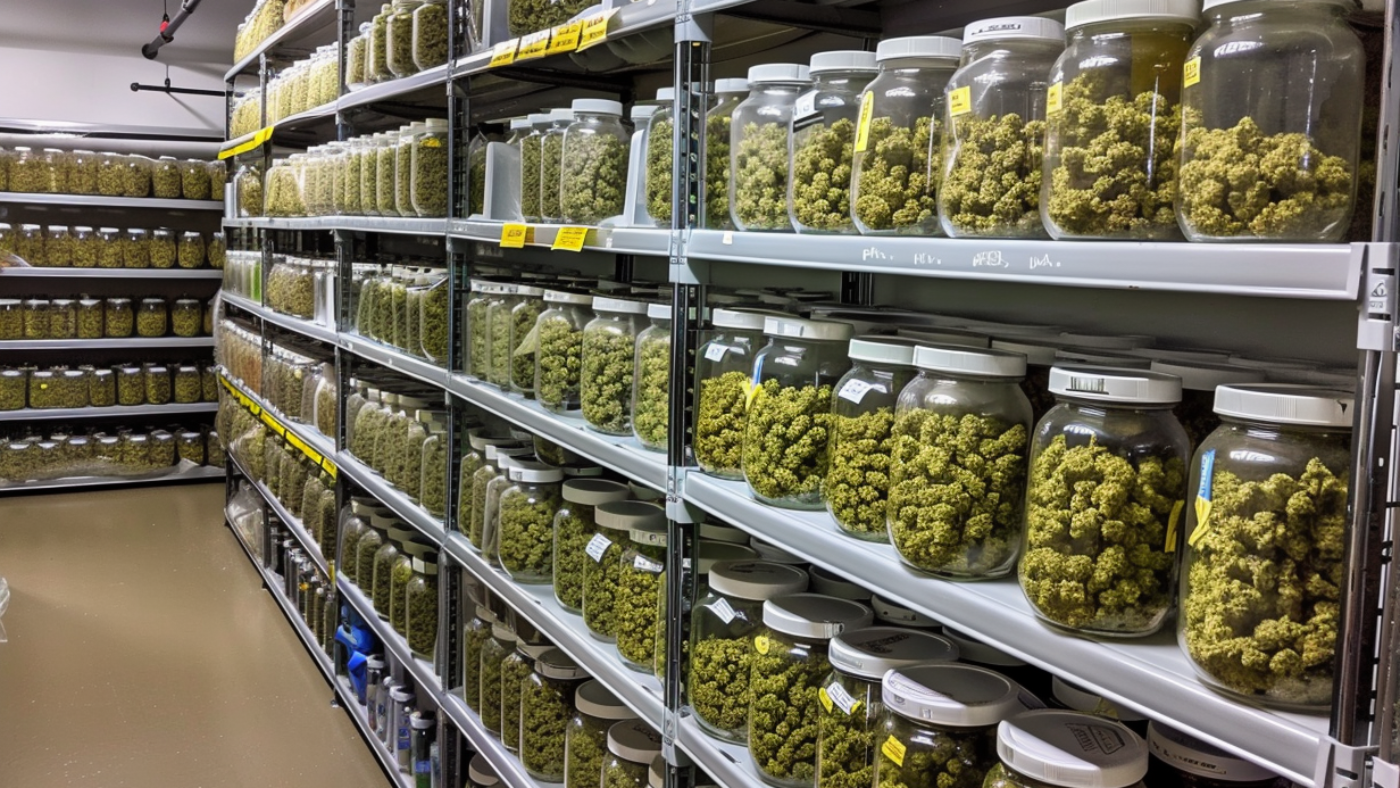I had a client inquire about why an increase in inventory increased their net income. I explained that for most businesses purchasing products for resale, as well as supplies and materials, typically categorize these items as ‘Cost of Goods Sold’ (COGS). COGS directly offsets gross income and subsequently reduces net income.
However, at the end of the financial year, often accountants request clients to report their ending inventory. Once this is reported, accountants reallocate funds from COGS to the inventory on the balance sheet. This adjustment lowers the COGS, thereby increasing net income. This adjustment can often surprise business owners, particularly in their first year of operation when inventory is being accumulated for the first time.
A significant point to note is that businesses often have substantial funds tied up in inventory. However, they cannot deduct the cost of this inventory until it is sold, which might be in the following year. This leads to a situation where they might have to pay taxes on income despite having low or negative cash flow. A practical tip is to minimize inventory accumulation towards the end of the year and consider replenishing it at the beginning of the next year.
Notably, as of this recording, most businesses are not required to report inventory if their gross revenue is under $29 million. If your business falls under this threshold and your accountant still asks for inventory reporting, it might be wise to get a second opinion as to whether it is necessary to report inventory.
An exception exists for certain industries, such as the cannabis industry, which are subject to specific regulations like Section 280E. In these cases, businesses are required to report inventory as they use particular methodologies that capitalize COGS to inventory, allowing them to deduct otherwise non-deductible expenses.
Businesses with revenues under $29 million can generally employ the cash method of accounting, which permits them to write off purchases for resale, supplies, and materials as COGS and benefit from these deductions in the year they occur.


